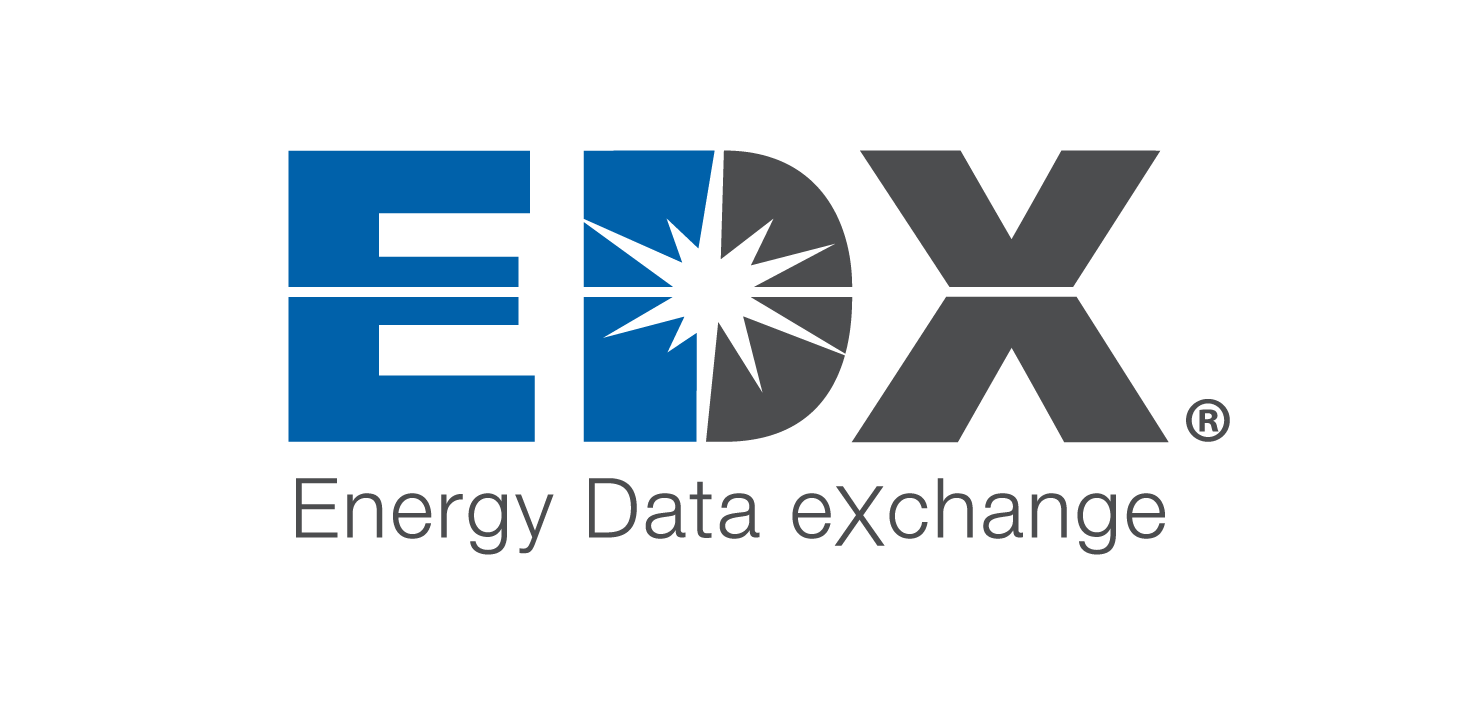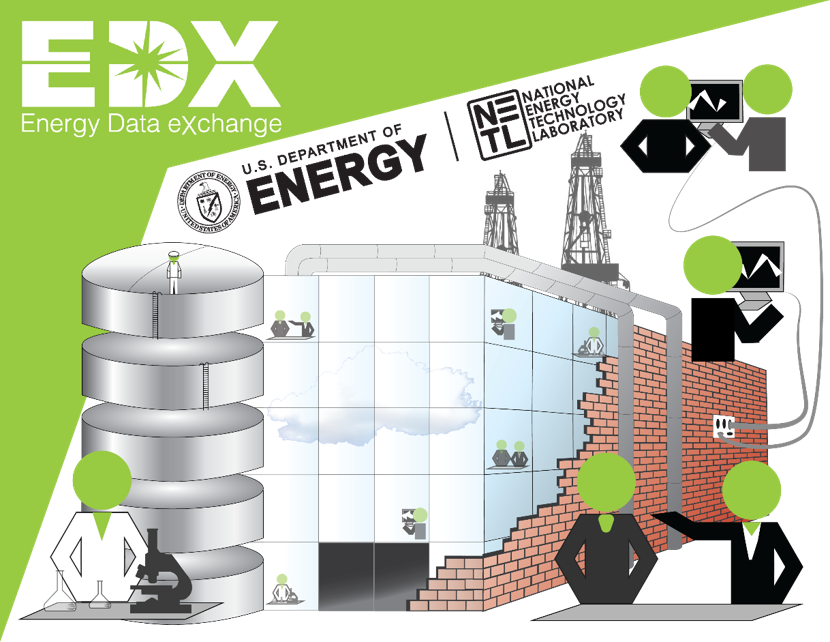Energy Data eXchange (EDX)
What is the Energy Data eXchange
EDX is DOE FE’s virtual platform for public curation of FE R&D data and tools. EDX is developed and maintained by NETL-RIC researchers and technical computing teams to support private collaboration for ongoing research efforts, and tech transfer of finalized DOE NETL research products. EDX supports NETL-affiliated research by:
- Coordinating historical and current data and information from a wide variety of sources to facilitate access to research that crosscuts multiple NETL projects/programs
- Providing external access to technical products and data published by NETL-affiliated research teams
- Collaborating with a variety of organizations and institutions in a secure environment through EDX’s Collaborative Workspaces
Why was EDX created?
In 2011, EDX was developed for NETL/DOE R&D as an innovative solution to these challenges by offering:
- A technical R&D tool built by researchers for researchers
- An online platform for rapid and efficient access to priority submissions
- Provide enduring access to fossil energy products
- Share and “publish” online submissions and data-driven products
- A secure environment for multi-organizational research teams to share, build, and collaborate
- Online tool to disseminate data, information, and results from DOE’s Fossil Energy research portfolios
EDX evolves in response to the needs of its users and NETL’s knowledge transfer goals.
Who uses EDX
Primary users of EDX are NETL (NETL-affiliated research teams, both in-house and program-related) and non-NETL Fossil Energy researchers actively engaged in work relevant to a broad spectrum of energy and environmental research and development programs.
CKAN
EDX has been developed using a highly customized version of the publicly available CKAN system to meet the needs of the NETL R&D community, differentiating it from all other CKAN applications. Although highly unique, EDX leverages search functionality of existing data repositories built on the CKAN platform (NGDS, Data.gov) and also includes advanced data searching of external data repositories built on platforms other than CKAN (BOEM, BSEE, NOAA, NETL, NASA, USGS, etc.).






